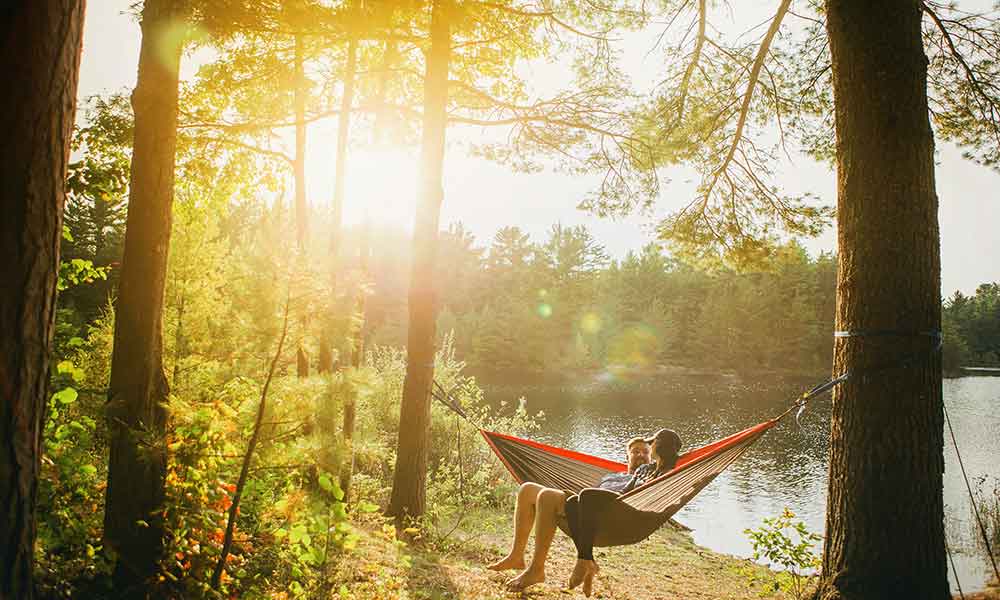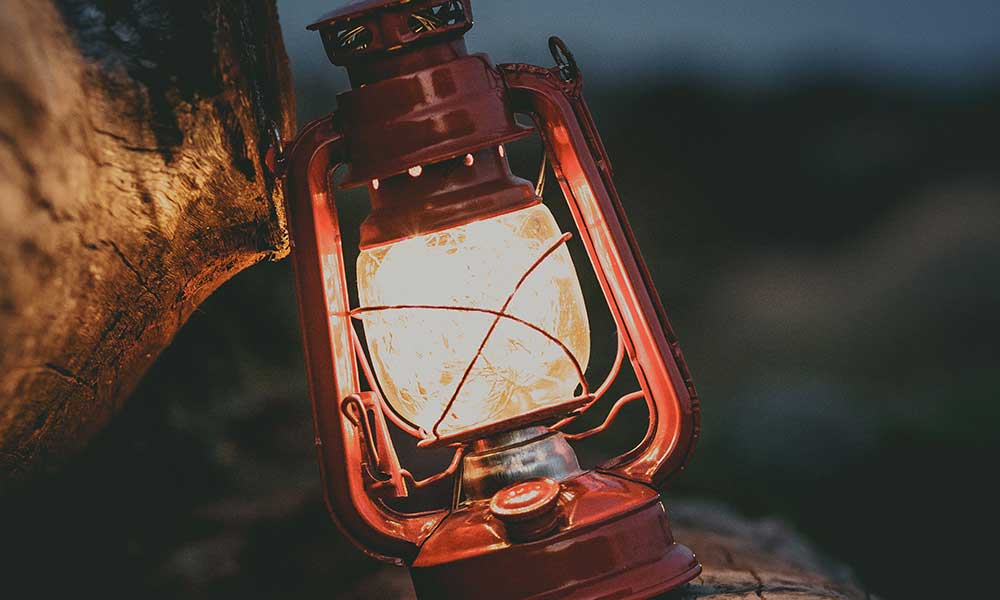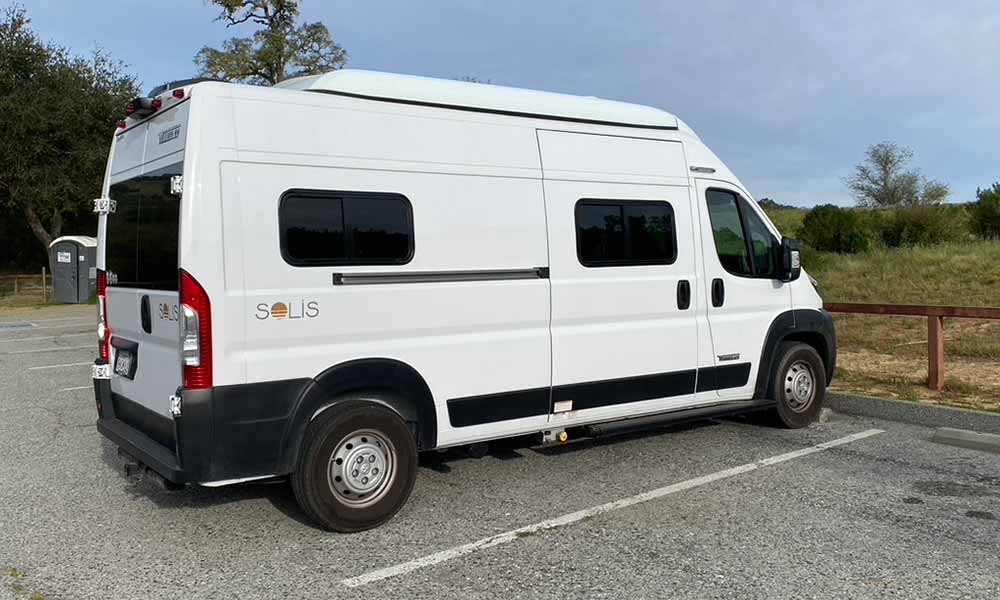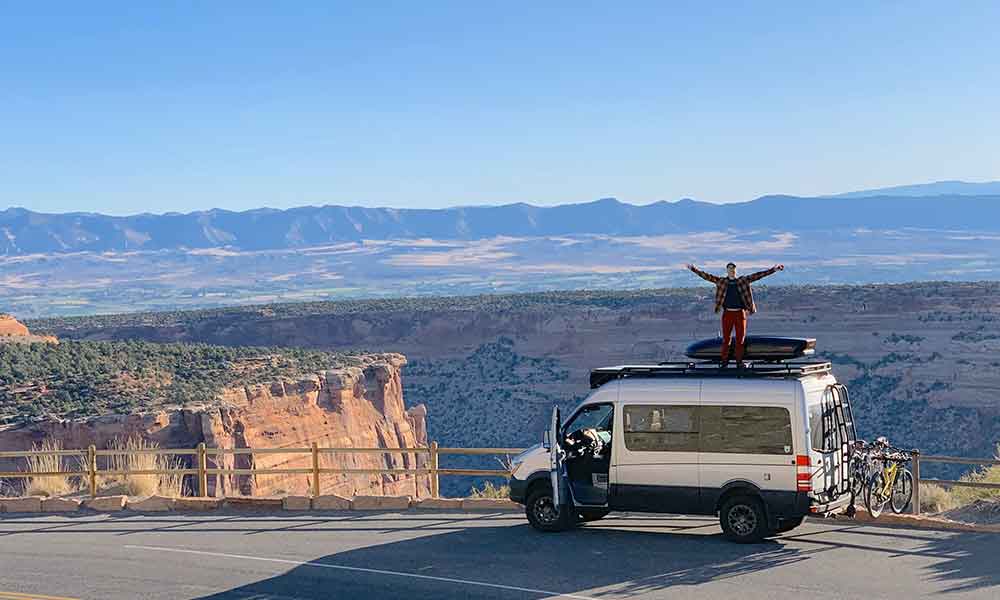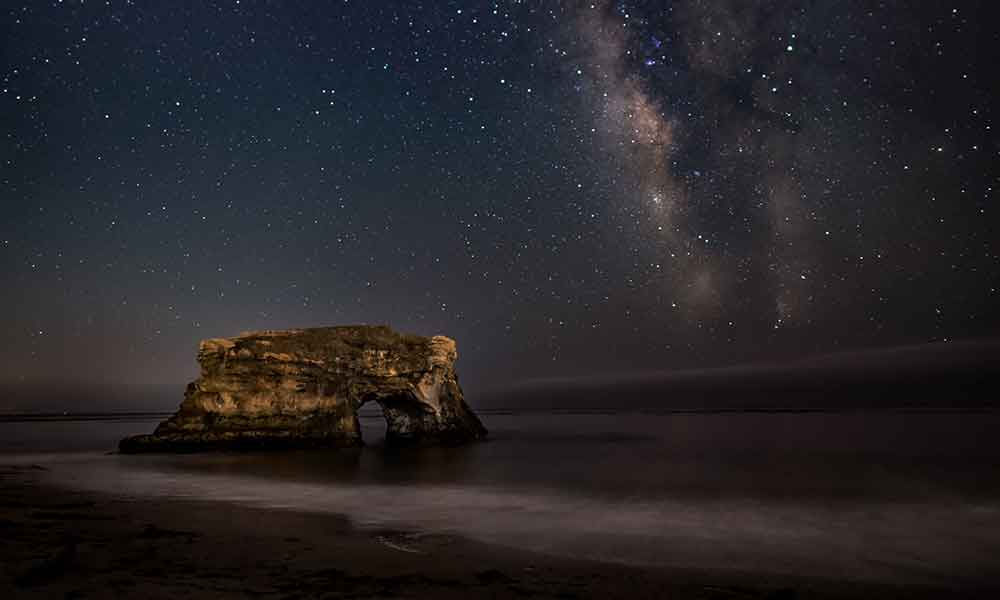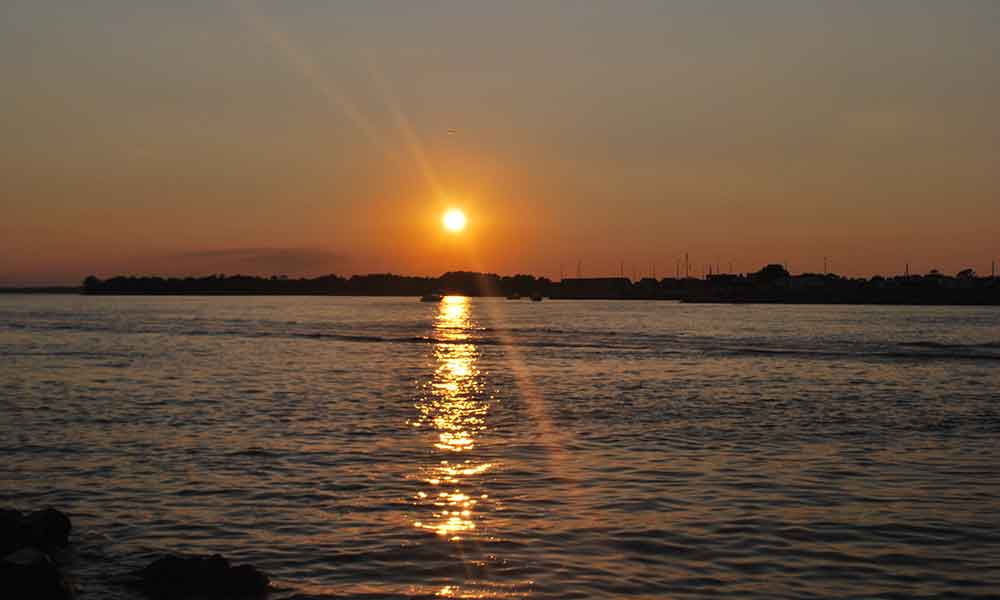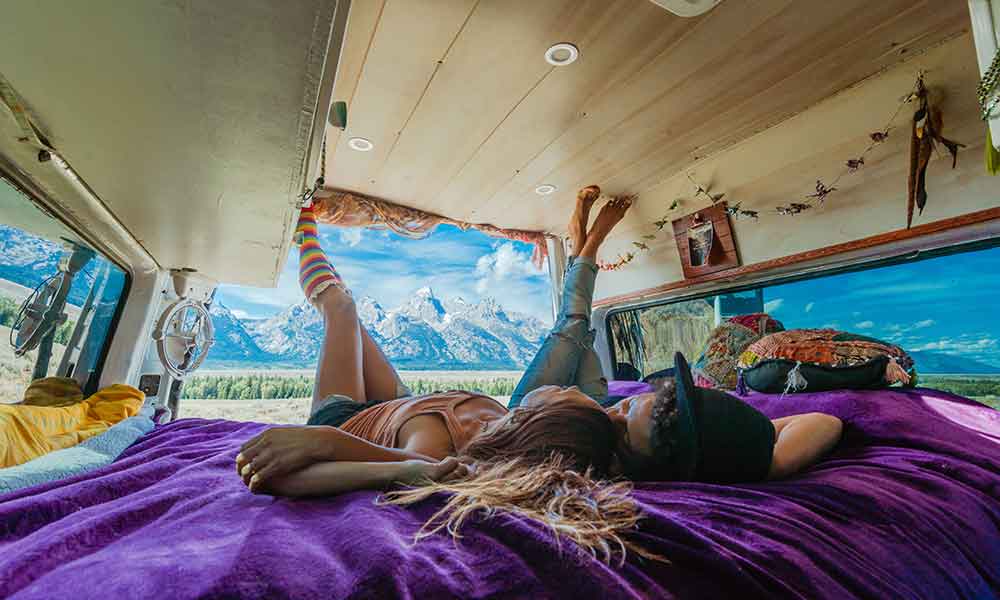There is something magical about waking up at the crack of dawn in a pristine woodland and watching the sunrise over the glistening lake. But, the best part is that, if you are willing to forego creature comforts, your camping experience can be entirely gratis!
You can indeed camp on state land in Michigan, whether it be free dispersed camping or camping at an established campground for a fee and with a booking. If you want the seclusion of a dispersed campground without the lack of amenities, you might want to hike into a campsite.
With so many great camping options, it could feel overwhelming at times. So read on if you want to discover my little hidden gems!
Why Michigan?
Michigan is affectionately known as the Great Lakes state, as it is bordered by four of the five Great Lakes of North America. This means, in Michigan, that you are never further than 85 miles from a Great Lake or six miles from a natural water source.
This makes it ideal for hiking and camping, as the probability of running out of water is very low. It also makes for stunning vistas.
The four lakes are Lake Superior, Lake Huron, Lake Erie, and Lake Michigan, which are each spectacular in their own ways.
For instance, although Michigan’s shore of Lake Erie is the smallest of the four lakes, the quality of the hiking and wildlife is unsurpassed. Lake Superior is undoubtedly superior in at least one way – it is the largest freshwater lake in the world!
Michigan also has the most lighthouses in the country, which is understandable considering its many Great Lakes in its territory.
Michigan also has a staggering number of state parks, state forests, and recreation areas – with a total of over 100!
Camping Rules And Regulations
There are several options for camping on state land in Michigan. Firstly, you can camp in state parks and recreation areas after making a reservation for an existing campsite.
Secondly, you can make a reservation for a state forest campground up to six months in advance. Lastly, you can camp on your own in a state forest, which is called dispersed camping.
Dispersed Camping Rules
The rules pertaining to camping in state parks and state forest campgrounds are pretty straightforward. Dispersed camping is most assuredly the most adventurous option of the three, with no access to amenities and no one outside your party to call for help.
However, dispersed camping can be the most rewarding, as you can be immersed in nature without the interruptions and distractions that plague a busy campsite.
There are particular rules pertaining to dispersed camping. The campsite must not be found in a designated state park, game area (for obvious reasons), rustic state forest campground, or recreation area.
At least one mile of distance must be between a campsite and a rustic state forest campground. Additionally, the site must not be within range of a “No Camping” sign.
A camp registration card must be on display at the campsite for the duration of the stay. The card must remain legible, and it is advisable that it be placed in a Ziploc bag to protect it from the elements.
If all of these rules are followed, you may camp for free on state land.
Best Kept Secrets: Michigan State Parks
Because there are a plethora of state parks in Michigan, some are simply overlooked. If you are in search of a campground with amenities available, then one of these paid campgrounds might be for you.
F.J McLain State Park is certainly one place to camp. There are a variety of other activities available to keep you busy throughout the day, like windsurfing and berry picking. There are stunning views of the lighthouse and Lake Superior to enthrall you.
Port Crescent State Park is perfect for beach bums, with three miles of Lake Huron shoreline available for tanning, splashing, and maybe even some reading. There is a modern campground and various activities available, from fishing to birding to canoeing.
Having been established in 1921, Harrisville State Park amounts to one of Michigan’s oldest state parks. Some of the campsites in this park overlook Lake Huron. It is within walking distance to town, in case you need anything.
Twin Lakes State Park is home to a 175-acre modern campground near Lake Roland, one of the warmest inland lakes. It’s a great site if you want to explore the Keweenaw Peninsula or the Porcupine Mountains.
Wilson State Park was initially the site of the Wilson Brothers Sawmill and Company Store of the late 1800s. There is a modern campground and opportunities for swimming, fishing, and paddle sports. There is a sandy beach area, which is part of Budd Lake.
Otsego Lake State Park is home to large campsites close to the lake. The site is host to a floating fishing pier, a sandy beach, and water volleyball. Nearby is Pigeon River Country State Forest, which boasts immense wild elk herds east of the Mississippi.
Hike-in Campsites
If you still want the seclusion of dispersed camping, but you are not a fan of the lack of amenities, you might want to try hiking in. Many people avoid doing this as they do not want to expend the effort of schlepping all of their gear to hike-in campsites.
However, if you make this sacrifice, you will be amply rewarded by sometimes even having the camping site to yourself. Therefore, consider the following parks with hike-in sites for your next adventure!
Ionia Recreation Area contains 16 options for hike-in campsites, the shortest of which is a simple quarter-mile hike from the parking lot.
Negwegon State Park boasts four hike-in sites, with distances from the parking lot ranging from one to two miles.
Tahquamenon Falls State Park is home to three hike-in campsites, about one to five miles from the parking lot.
There are two hike-in sites by Wilderness State Park, one mile and 3.5-mile hikes, respectively.
These are but a few examples of parks with hike-in campgrounds. There are many more, and it is prudent to do your research before deciding on a campsite.
Conclusion
Whether you enjoy the ruggedness of dispersed camping or whether you prefer the paid amenities of a Michigan campground, camping on state land is undoubtedly possible – so what’s stopping you!

